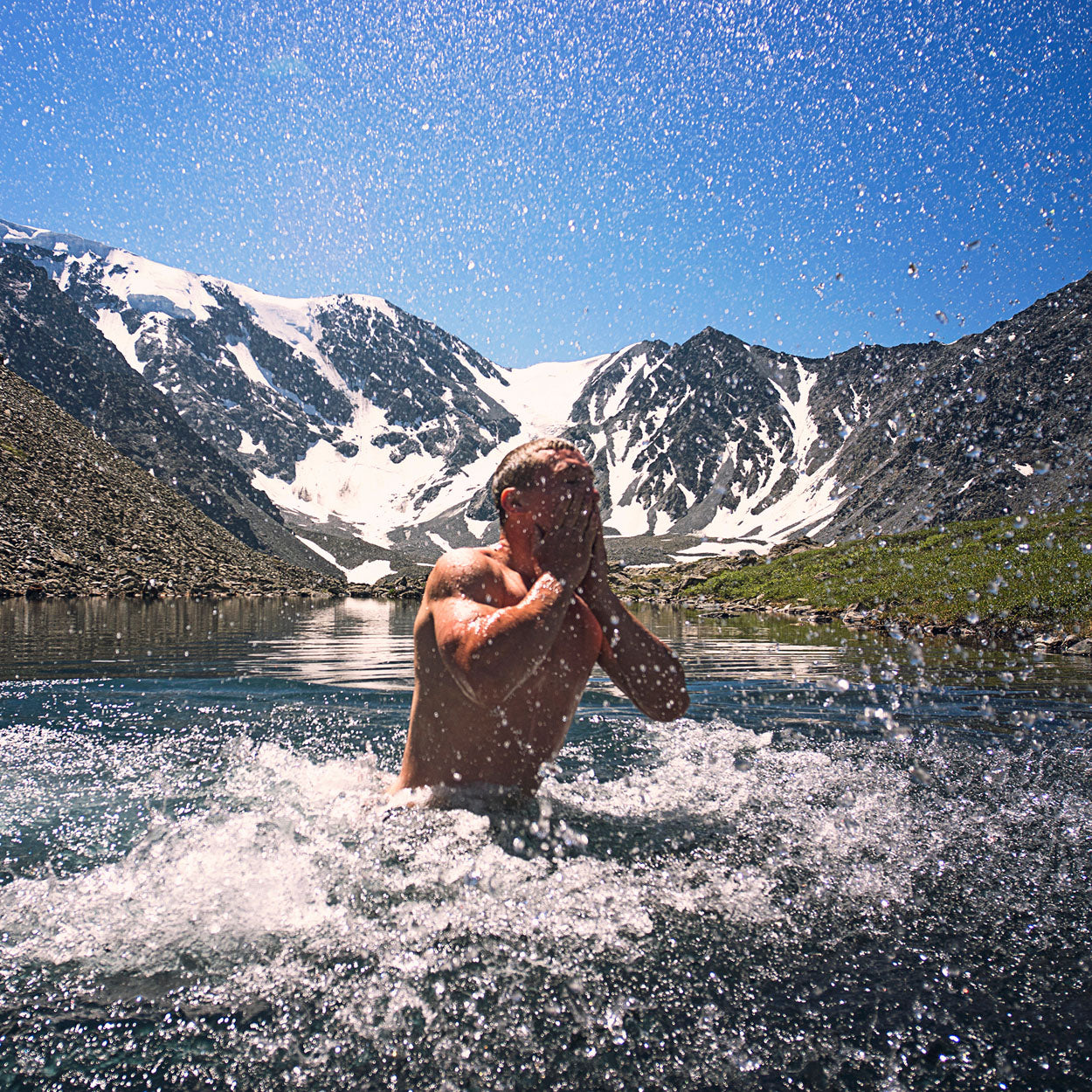New research suggests that swimming in cold water may protect the brain against dementia, new research has found.
Scientists assessed the blood samples of a group of people who swim daily throughout the winter in the unheated swimming pool at Parliament Hill Lido in London.
Those among the 40 swimmers who had been taking the plunge for at least 10 years had elevated levels of a cold-shock protein in comparison to a control group who had been practicing Tai Chi at the side of the pool.
Interestingly, not one member of the Tai Chi group displayed comparable levels of the protein, known as RBM3, which is believed to guard against degenerative diseases.
The detail of how exactly RBM3 works is unknown, but the scientists from the University of Cambridge found in a previous study on mice that levels of the protein would increase when the animals were cooled in a fridge, resulting in a hibernation-like effect.
Although mice don’t usually hibernate, the synapses in their brains dismantled when cooled and then regenerated when warming back up.
The researchers also discovered that artificially raising levels of the protein were still enough to protect the mice from brain cell depletion, so tests on drug therapies to induce higher levels of the protein in humans are set to go ahead since the positive correlation was found in the London swimmers.
Professor Giovanna Mallucci, centre director of the UK Dementia Research Institute at Cambridge University, said: “We have heard these anecdotal stories of people being pulled out of frozen rivers and being reanimated.
“And we use cooling to about 34C-35C for babies born with low oxygen to their brains, for people with head injuries, for stroke. It’s used routinely to protect the brain but nobody knows how it really works. The discovery of this protein is a pretty good candidate.
"If you slowed the progress of dementia by even a couple of years on a whole population, that would have an enormous impact economically and health-wise."


Share:
The Study That Shows Elite Athletes Are More Likely To Develop Eating Disorders
CrossFit Games Stage 2 Round-Up: Fraser & Toomey Dominate in California